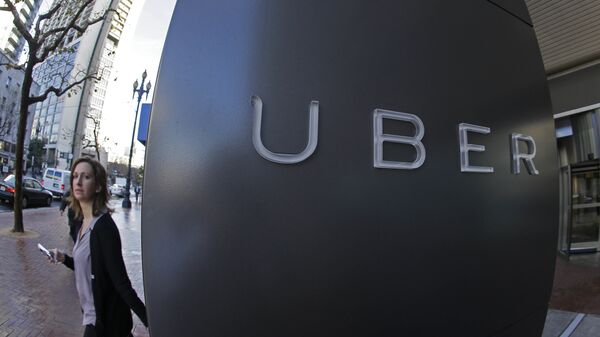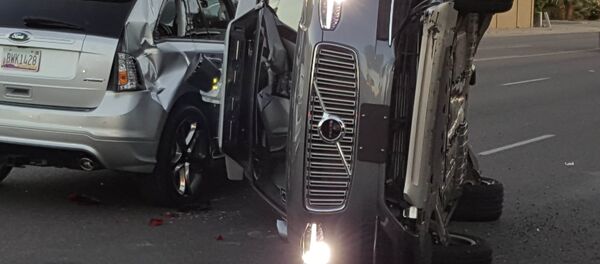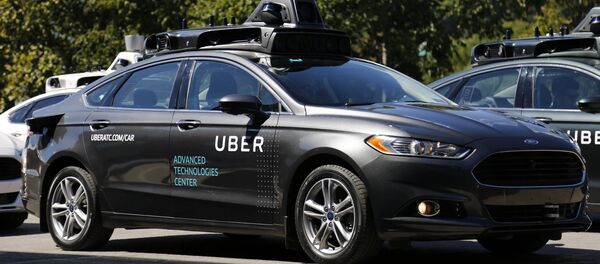The court argued that Uber does not respect Italian transportation laws, in particular the law that states all transportation fees must be determined by the national transportation authority. The suit was filed by Uber's natural enemy: an association of traditional taxi cabs.
The decision, which was handed down Friday, gives Uber ten days to cease operations in the Southern European nation. For every day that they operate past that, they will have to pay a fine of 10,000 euros ($10,600).
A representative from Uber Italy's legal division told Milanese daily newspaper Corriere Della Sera that they were "shocked" at the decision.
"We're shocked. We will appeal this ruling that is based on a 25-year-old law. Now the government can't waste more time and needs to decide whether it wants to remain anchored to the past, protecting privileged profits, or whether it wants to allow [Italians] to benefit from new technologies," they said.
Meanwhile, the Italian taxi association celebrated. "It is the fourth decision of an Italian judge who establishes unfair competition from Uber," an association lawyer told Corriere della Sera. "The last battle of a legal battle started in 2015 to block the most striking form of unfair competition ever recorded on the Italian transport market."
"The most striking form of unfair competition" that is referred to above is UberPop, the low-cost option equivalent to UberX in the US. European nations such as Belgium, France, Germany, and Sweden have also put a halt to UberPop. Uber was also banned from Spain in 2014 for similar reasons of unfair competition.
On the opposite end of Europe, Uber voluntarily decided to withdraw from Denmark in late March. The decision, which will go into effect on April 18, was made in response to a new set of regulations on taxi services that include mandatory fare meters and seat sensors.
In January 2017, Uber also sold their infrastructure to Chinese competitor Didi Chuxing due to Beijing-mandated regulations favoring domestic companies. In 2015, Uber was briefly banned in South Korea as well for skirting Seoul's regulations, but an agreement was reached and they resumed services later that year.




